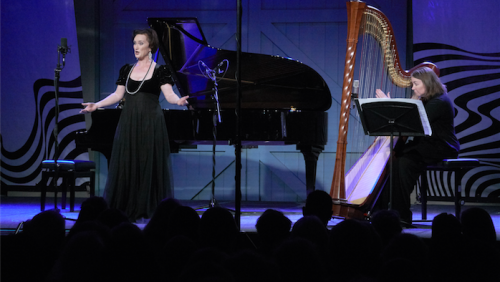
QUITE a lot happened in France in the late 18th century. The monarchy fell to a republic, the incumbents lost their heads, there were bloody wars and it all ended up under a dictatorship. What better setting for writing music?
And many a French composer, and a few others besides, set to, writing music about liberty, queenly sufferings and songs for remnant royalists. Then, 20 or 30 years after things settled down, Monsieur Berlioz wrote his “Symphonie Fantastique”. Three years later, Franz Liszt wrote a transcription for piano. The fourth movement, “March to the Scaffold”, is about a strange drug-induced dream, but it could equally be something of a reversion to the revolution.
The first half of this concert summed up all that drama and rebellion. There were songs (soprano, Sarahlouise Owens) accompanied by harp (Meriel Owen), a harp solo, a cello duet (Nils Hobiger and Ruben Palma) and some solo piano (Tamara Anna Cislowska), including the “March”.
Apart from Berlioz and Liszt, the composers are little known, but their works are quite charming, even though some of them are a bit dark in subject matter, and all artists acquitted themselves splendidly. The cello duet, though, through no fault of the players, at times sounded a trifle muddy; perhaps it might have been more successful had its composer, the Italian virtuoso violinist, Giovanni Viotti, scored it for his own instrument.
The revolution continued in the second half, devoted to Rachmaninoff. He lived through all the upheaval in late 19th and early 20th century Russia. But, somehow, he managed to maintain some positiveness in his compositions; they remain ever popular.
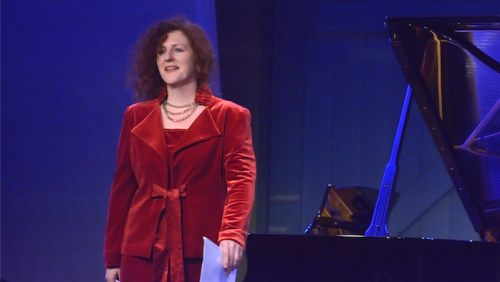
The highlight was a performance of excerpts from Rachmaninoff’s “The Liturgy of St John Chrysostom”, by Canberra choir Coro, teaming up with the Russian Orthodox Choir of Sydney, conducted by the amiable Richard Gill. Sung a capella, this ensemble sang with extraordinary expression, balance and control, evoking the very heart and spirit of Russian Orthodoxy. It was a very moving performance, the audience in awe of the sound and seemingly forgetting to breathe, such was their silence, broken only by a joyful standing ovation.
Who can be trusted?
In a world of spin and confusion, there’s never been a more important time to support independent journalism in Canberra.
If you trust our work online and want to enforce the power of independent voices, I invite you to make a small contribution.
Every dollar of support is invested back into our journalism to help keep citynews.com.au strong and free.
Thank you,
Ian Meikle, editor
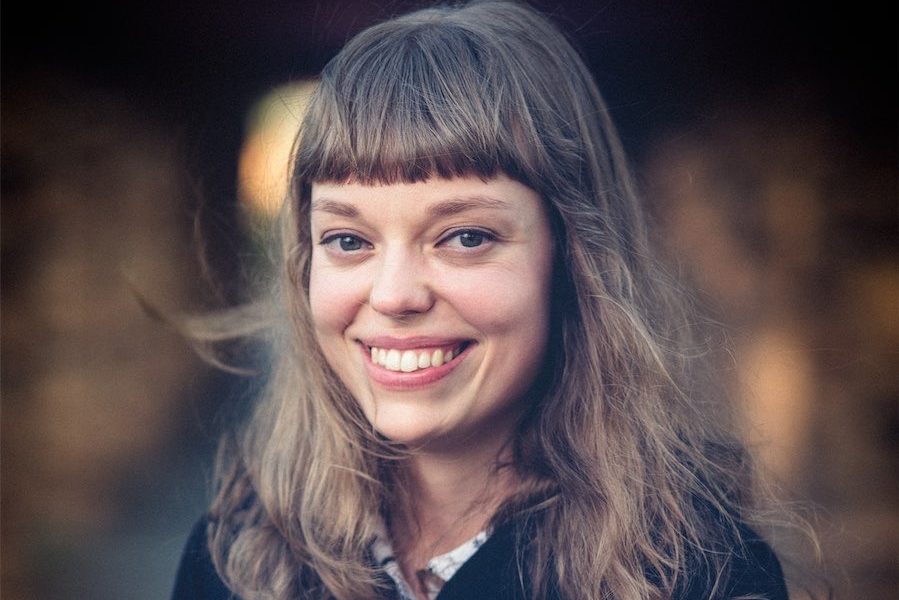
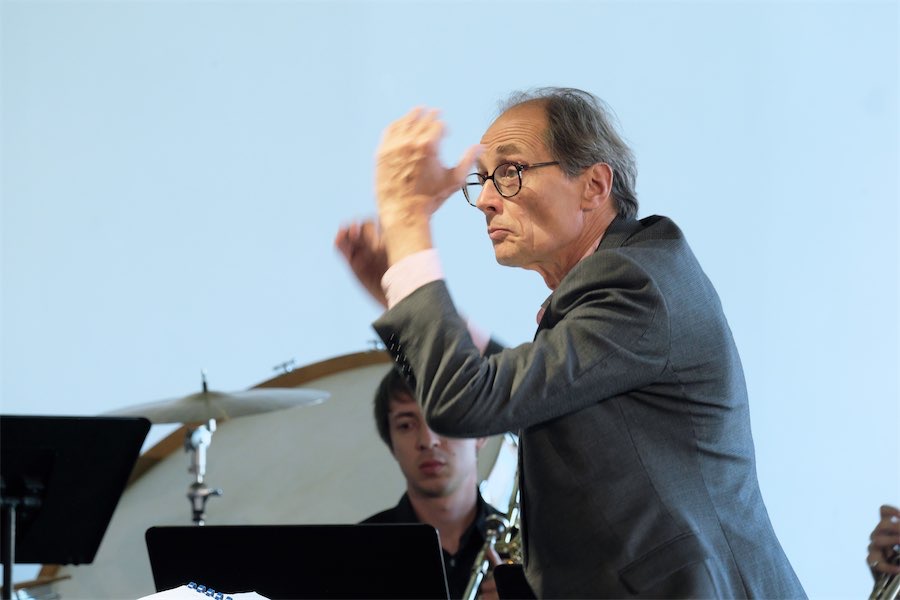
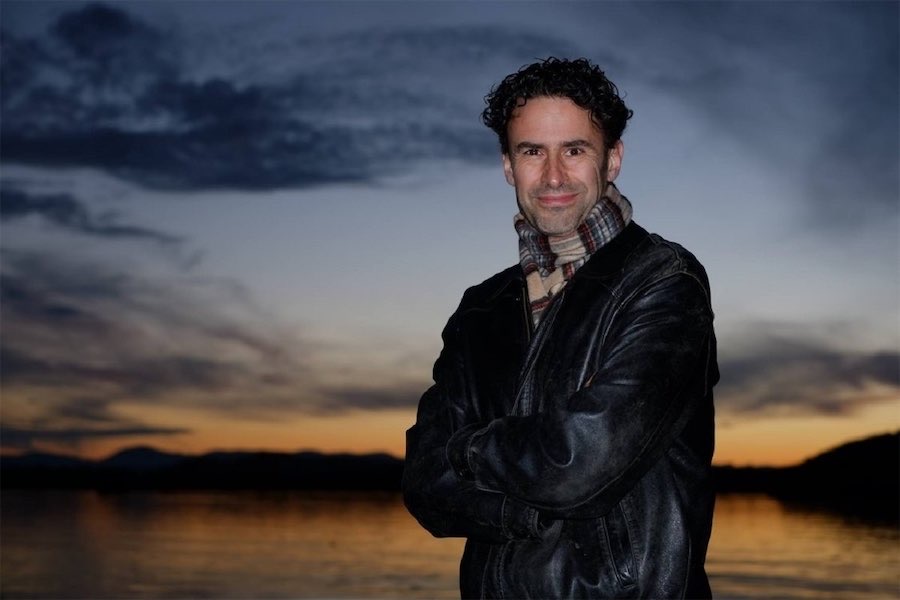

Leave a Reply